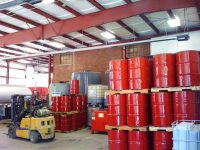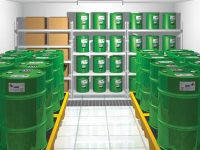Lubricant analysis is a critical component of predictive maintenance, yet selecting the appropriate lab can be a complex task. Following are 6 areas to consider as you decide on the best lab for your organization. 1. Quality Quality is paramount when selecting a lab, since the accuracy of analysis can directly impact the health and…
Read more
Best Oil Analysis Lab: 6 Selection Criteria.






